Mercedes-Benz is to offer electric versions of all of its commercial vans starting with its mid-size eVito in the second half of next year.
The eVito will be followed by the eSprinter and eCitan in 2019. Mercedes is yet to confirm whether there will be an electric version of its new X-Class pick-up.
The new plug-in van plans were revealed at the eDrive@VANs workshop in Berlin.
Volker Mornhinweg, head of Mercedes-Benz Van, said: “We are convinced by the necessity of electric drive in our vans, especially in city centre applications.
“That said, electrification of the commercial fleet is not an end in itself, but follows the same principles as a when it comes to commercial feasibility.”
Mornhinweg said if electrification is to compete on equal terms with the classic internal combustion engine, it will need more than the right economic parameters such as the cost of purchasing and operating the vehicles.
He said: “Just as important from the perspective of total cost of ownership is the integration of a robust charging infrastructure as well as comprehensive service and maintenance management.”
Mercedes is looking to establish a consultative approach when working with commercial fleets, with Mornhinweg explaining that a “one-size fits all approach” has no long term future.
He said: “Mercedes-Benz Vans is pursuing tailormade total-system solutions based on expert advice.
“Dialogue between customers and the specialists at Mercedes-Benz Vans will enable the individual adaptation of operating concepts to meet sector needs, fleet size and driving profile as well as the structural prerequisites for creating a dedicated charging infrastructure on company premises.”
Mercedes signed a deal with Hermes earlier this year to provide 1,500 electric Vito and Sprinter by 2020. The deal includes working together to generate a concept for an efficient charging infrastructure, IT services and automatic load-space systems that facilitate automated loading and unloading of packages.
Mornhinweg said: “We’re working with customers to drive the innovation process in last-mile solutions, and not only with a view to the courier and package delivery sector.
“The results from customer co-creation for the last mile can be transferred over to other sectors. All customers can benefit from this transfer of knowledge and technology.”

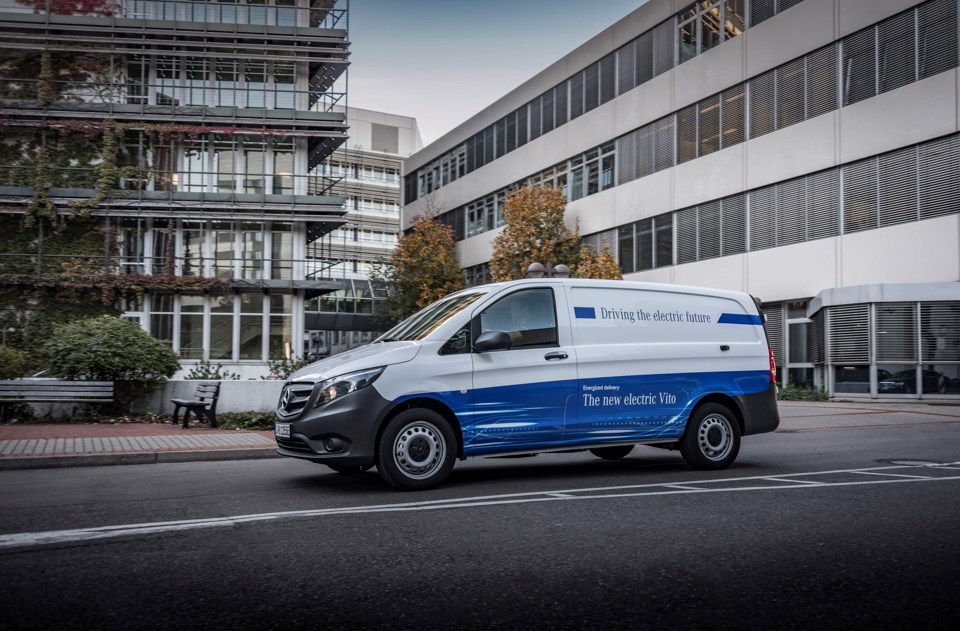
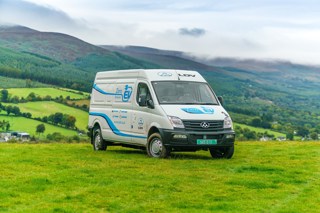
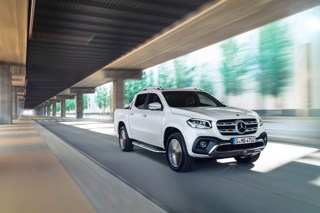
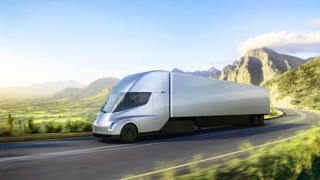
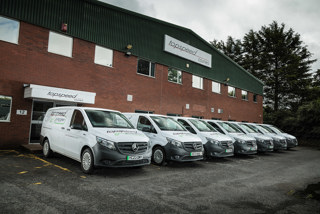













Login to comment
Comments
No comments have been made yet.